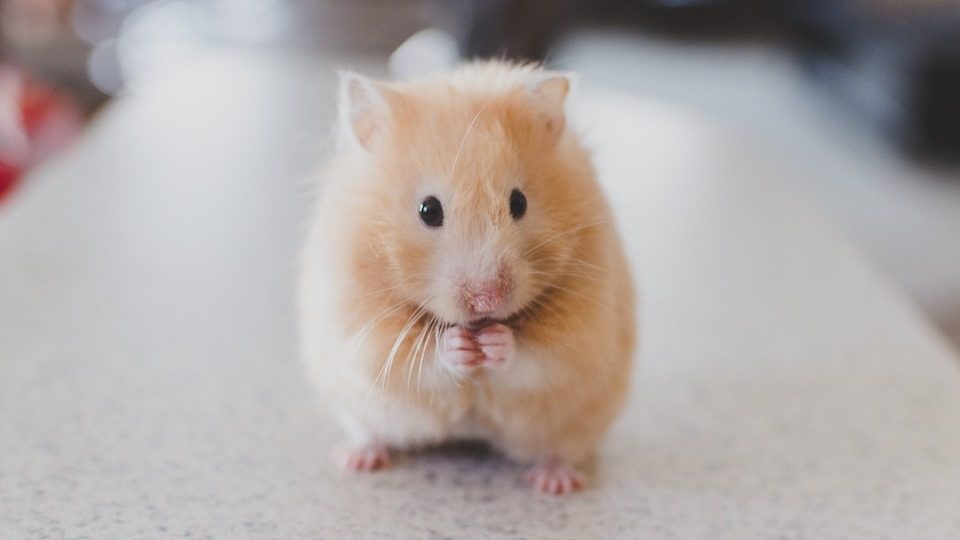Pet owners in Hong Kong now face penalties including fines of up to HK$10,000 (US$1,275) and six months in jail if they refuse to surrender their animals for infectious disease control.
In a written reply to the Legislative Council, Secretary for Food and Health Sophia Chan revealed the government recently introduced amendments to the Prevention and Control of Disease Regulation (Cap. 599A), which will require pet owners, upon a health officer’s direction, to surrender an animal that is believed to be, or may have been, infected with a specified infectious disease.
“The amendments also provide for offences and penalties for non-compliance, the maximum of which is a fine of HK$10,000 and imprisonment for six months on conviction,” she said.
The health secretary added the amendments have come into effect on March 31, 2022.
The changes to the law come after health authorities culled more than 2,000 hamsters and small animals in January after a pet shop worker was infected with the Delta variant of COVID-19.
The Agriculture, Fisheries and Conservation Department also strongly advised the public to surrender hamsters purchased in local pet shops around that period for culling.
Researchers from the University of Hong Kong later said some of the hamsters from the pet shop and a related warehouse were infected with the virus and transmitted it to people.
But the actions caused a public outcry with some animal rights groups saying the hamsters could have been quarantined or isolated instead. Some also stopped others from surrendering the hamsters and took in the hamsters themselves instead.
The department later publicly condemned such actions, stressing they might pose health risks to the people concerned and the public. It also reported the case to the police for follow-up and handling.
Obstructing, or assisting to obstruct a health officer in the exercise of a power or performance of a function, is also a criminal offence and offenders are liable on conviction to a fine of HK$5,000 (US$637) and to imprisonment for two months, noted Chan.
In her reply, the health secretary also revealed that as of the end of March, a total of 145 hamsters “were given up and surrendered by owners to the [department] for follow-up”.




